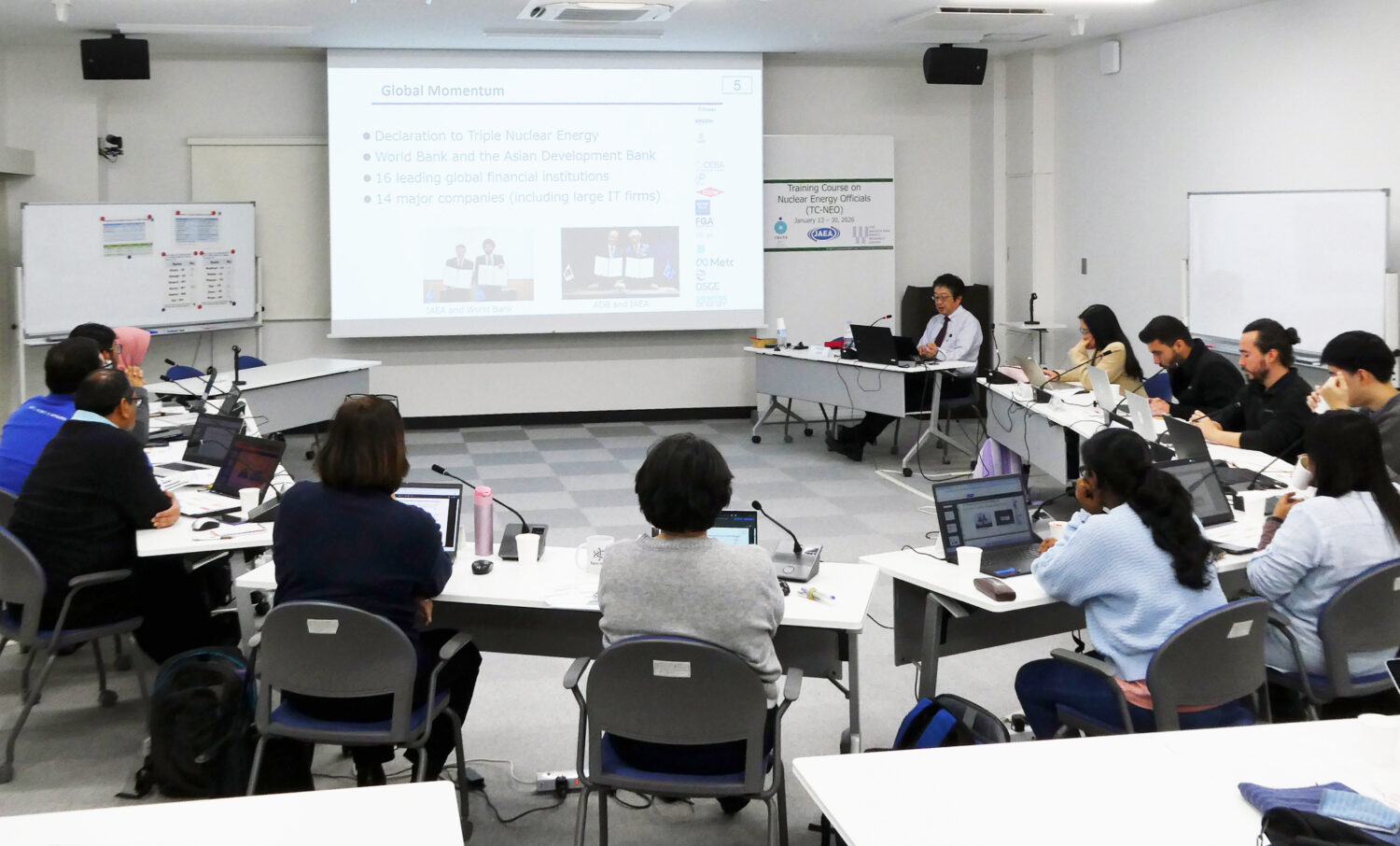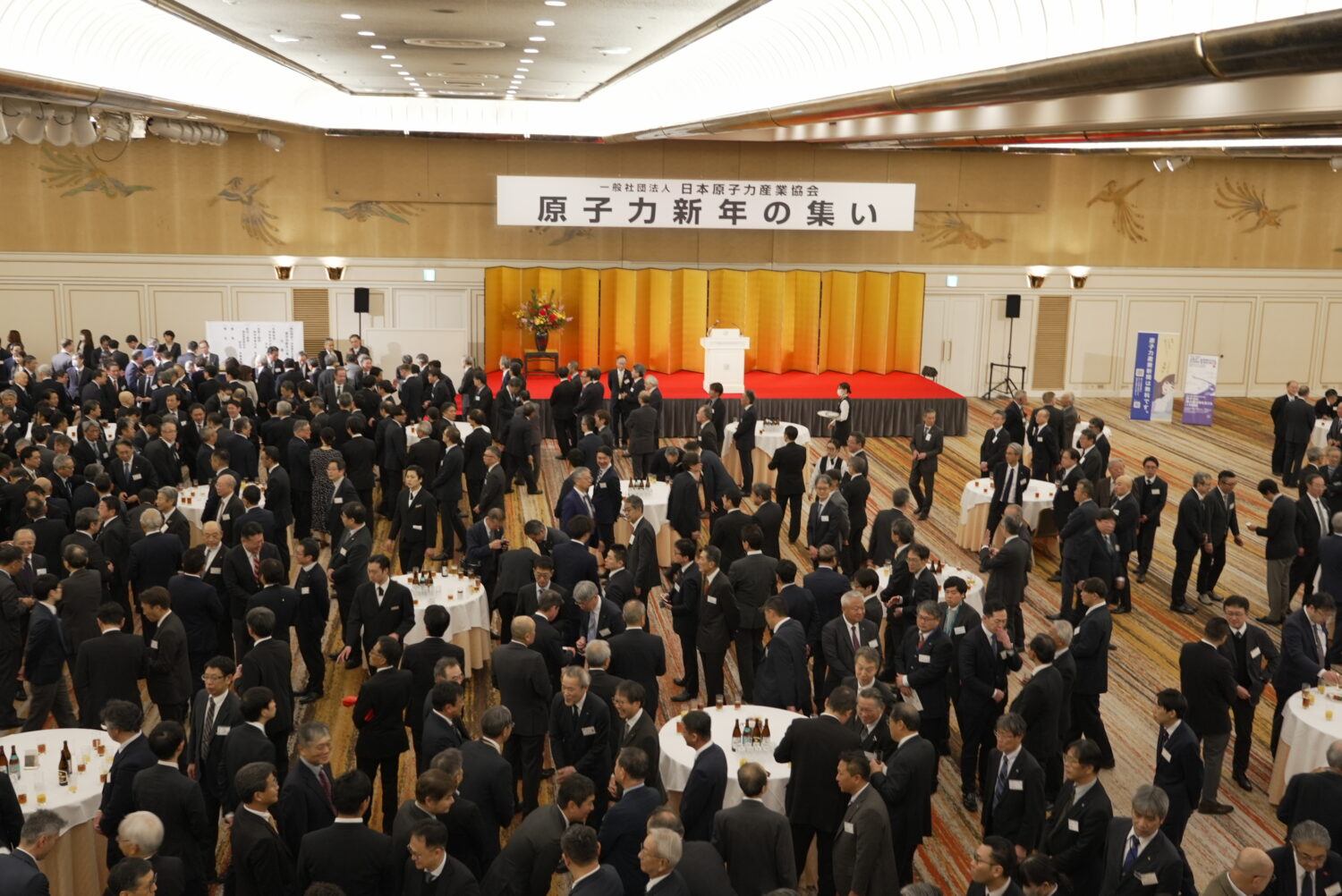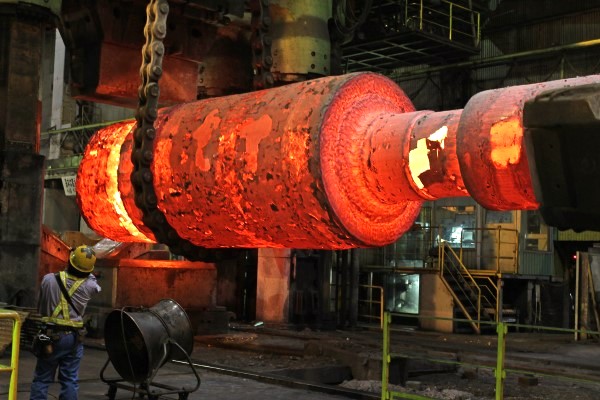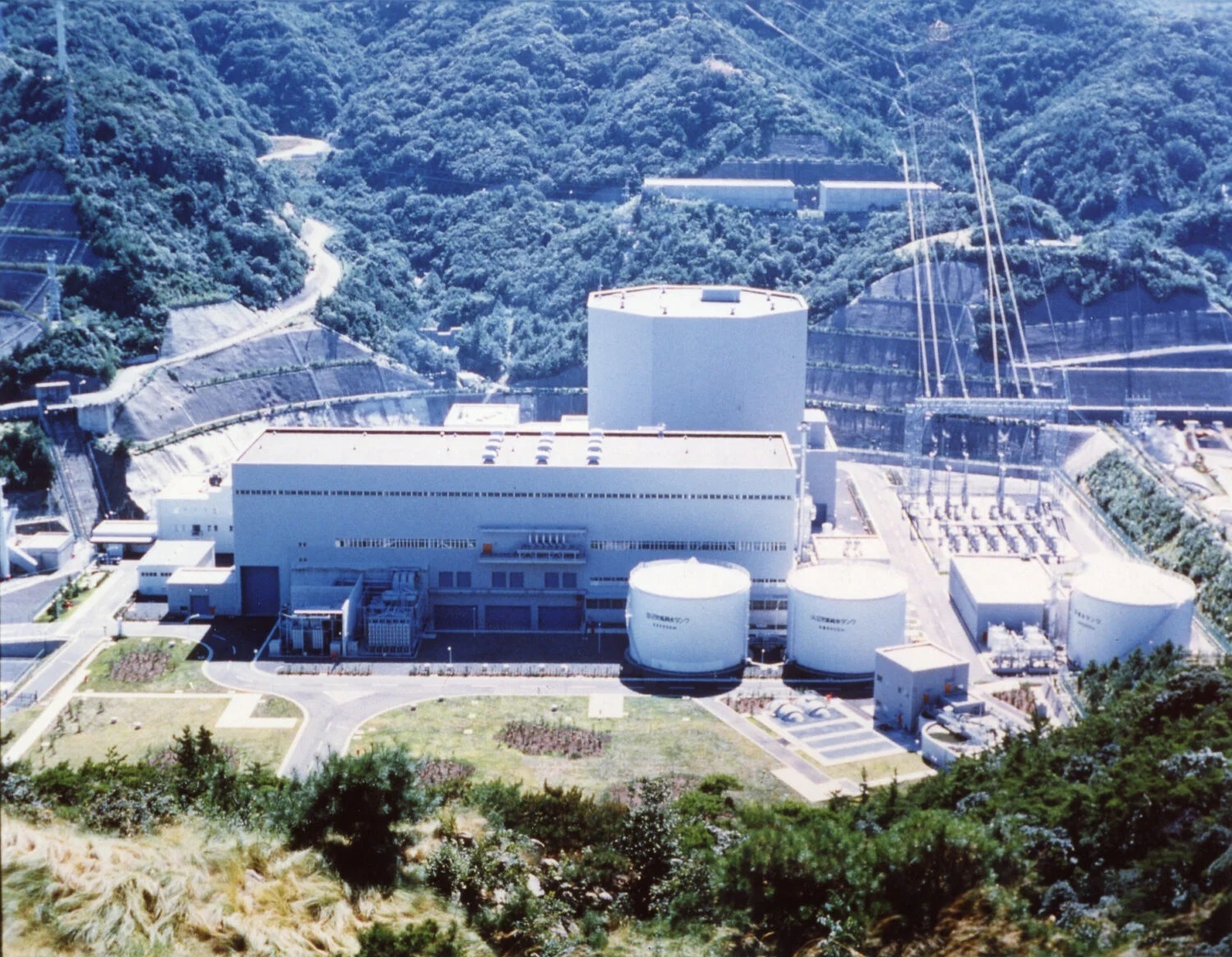The current application covers approximately 500 pieces of equipment, including primary and secondary mixing systems, compaction systems, grinding equipment, pellet inspection systems, fire protection systems, emergency onsite power facilities, and radiation monitoring equipment.
This submission includes both amendments to previously approved designs and construction plans (approved prior to the introduction of new regulatory standards), as well as new approvals. JNFL aims to ensure full compliance with the latest regulatory requirements while accelerating efforts to effectively utilize spent nuclear fuel.
The MOX fuel fabrication plant under construction will use uranium and plutonium recovered from the adjacent Rokkasho Reprocessing Plant to produce MOX fuel, a key component supporting Japan’s nuclear fuel cycle strategy. Completion is targeted for FY2027.
Amid ongoing geopolitical risks and rising uranium prices, strengthening domestic production capabilities for MOX fuel has become critical for energy stability and security. JNFL emphasized its commitment to securing early approval and plant completion through a nationwide collaborative approach.
JNFL to Expand New Centrifuge Capacity
On June 30, JNFL announced it had received approval from NRA for the design and construction plans involving upgraded centrifuges at its uranium enrichment plant in Rokkasho Village, Aomori Prefecture. This facility, Japan’s only domestic plant producing enriched uranium, has progressively upgraded its centrifuges in four stages, with the latest approval covering the final phase.
The plant currently produces enriched uranium equivalent to approximately one nuclear reactor annually, or 112,500 SWU, and aims to reach a production capacity of 450,000 SWU per year by FY2028.
Uranium fuel undergoes several processing stages—conversion, enrichment, and fabrication—before being used in nuclear reactors. Globally, Russia controls approximately 30% of uranium conversion and about 40% of enrichment capacity. With global electricity demand rising, nuclear power is increasingly favored, driving higher uranium demand. However, the prolonged impact of Russia’s 2022 invasion of Ukraine has prompted Europe and the United States to reduce dependence on Russian uranium.
Maintaining and strengthening domestic uranium enrichment capacity remains an important priority for Japan.















